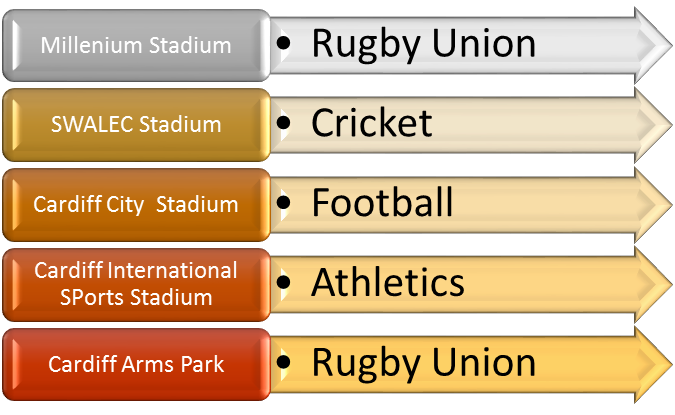Course Content
An Introduction to Java Language
This module covers the description of Java language, the object-oriented concepts and abstraction concepts.
- History of Java
- Analysis of tools
- Features of object-oriented programming
- The three OOP principle
- Analysis of abstraction
Fundamentals of Java Programming
This section includes the study of basic building blocks of programming language such as data types, variables, basic types and operators
- Data Types, Variables and Arrays
- Operators and Control Statements
- Using Primitive Types
- Understanding control statements
- An Overview of Arrays
- Different kinds of operators
- Using Arithmetic and Bitwise operators
- Understanding operator precedence
Control Statements
The control statement module covers the various types of statements used such as selection, iteration and jump statements.
- Selection statements
- If
- If-Else
- Nested If-Else
- Iteration statements
- While loop
- Do-while loop
- For loop
- Jump statements
- Using Break
- Using Continue
- Return Statements
Classes
This module provides the knowledge of classes, objects, constructors and destructors.
- An Overview of class
- Declaration of objects
- Introducing Methods
- Concept of constructors and destructors
- Use of This Keyword
- The finalise () method
- Various access modifiers
- Overloading of methods
Inheritance
This module covers types of inheritances and various concepts used with it.
- An introduction to inheritance
- Use of super keyword
- Calling of constructors
- Using final keyword with inheritance
Packages and Interfaces
The packages and methods are described in this module.
- An Introduction to packages
- Importing of packages
- Describing interfaces
Exception handling
This module is about the handling of exceptions generated by code.
- Defining exception handling
- Types of exceptions
- Using try and catch
- Nested try statements
- Use of exceptions
Multithreaded Programming
The delegates will gain skills on threading concepts, thread priorities and stages of the model.
- Defining Java thread model
- Creating threads and multiple threads
- Learning thread priorities
- Suspending, Resuming and stopping threads
I/O and Applets
The input and output streams are introduced here in this section.
- An Introduction to I/O
- Reading and writing console inputs
- An overview of Applets
- Calling overloaded constructors through this()
Generics
The candidates will get to know how to use the operating data on as a parameterized type.
- An Introduction to Generics
- Generics example
- Creation of Generic methods
- Understanding Generic interfaces
- Understanding Generic class hierarchies
The Collection classes
All the set of framework classes is explained in this module.
- The Collections Framework
- Set Implementation Classes
- The Set, Map, Queue and List Interface
- List Implementation Classes
- Queue Implementation Classes
- Map Implementation Classes
The Collection Sorting and Tuning
The use of storage structures is described in this module.
- Sorting with Comparable and Comparator
- Sorting Lists and Arrays
- Methods of Collections Utility
- Tuning ArrayList, HashMap and HashSet
Java EE Overview
It includes fundamental concepts of Java EE framework.
- An overview of Java EE
- The Java SE Building Blocks
- Web Applications and Services
- Enterprise JavaBeans
- Extra J2EE APIs
- Understanding POJO, Dependency Injection, and Annotations
- The platform of Java EE
Eclipse
The delegates will learn to use Eclipse for writing Java code.
- An overview of Eclipse
- Installing Eclipse
- Running Eclipse
- Understanding Editors, Views, and Perspectives
- Setting up a Project
- Generating a New Java Application
- Running a Java Application
- Debugging of a Java Application
- Importing Java Code into Eclipse
The Java Library
This module contains set of all libraries and event handling
- An overview of string handling
- The Java. Lang package
- Input/Output: Exploring java.io
- Using Networking
- Analysis of Applet Class
- The concept of Event Handling
- Familiarising the AWT: Working with Windows, Graphics, and Text
- Using AWT Controls, Layout Managers, and Menus

 ENQUIRE
ENQUIRE
 REQUEST CALLBACK
REQUEST CALLBACK
 GET A FREE QUOTE
GET A FREE QUOTE


 Introduction
Introduction Course Details
Course Details Course Content
Course Content





 London
London